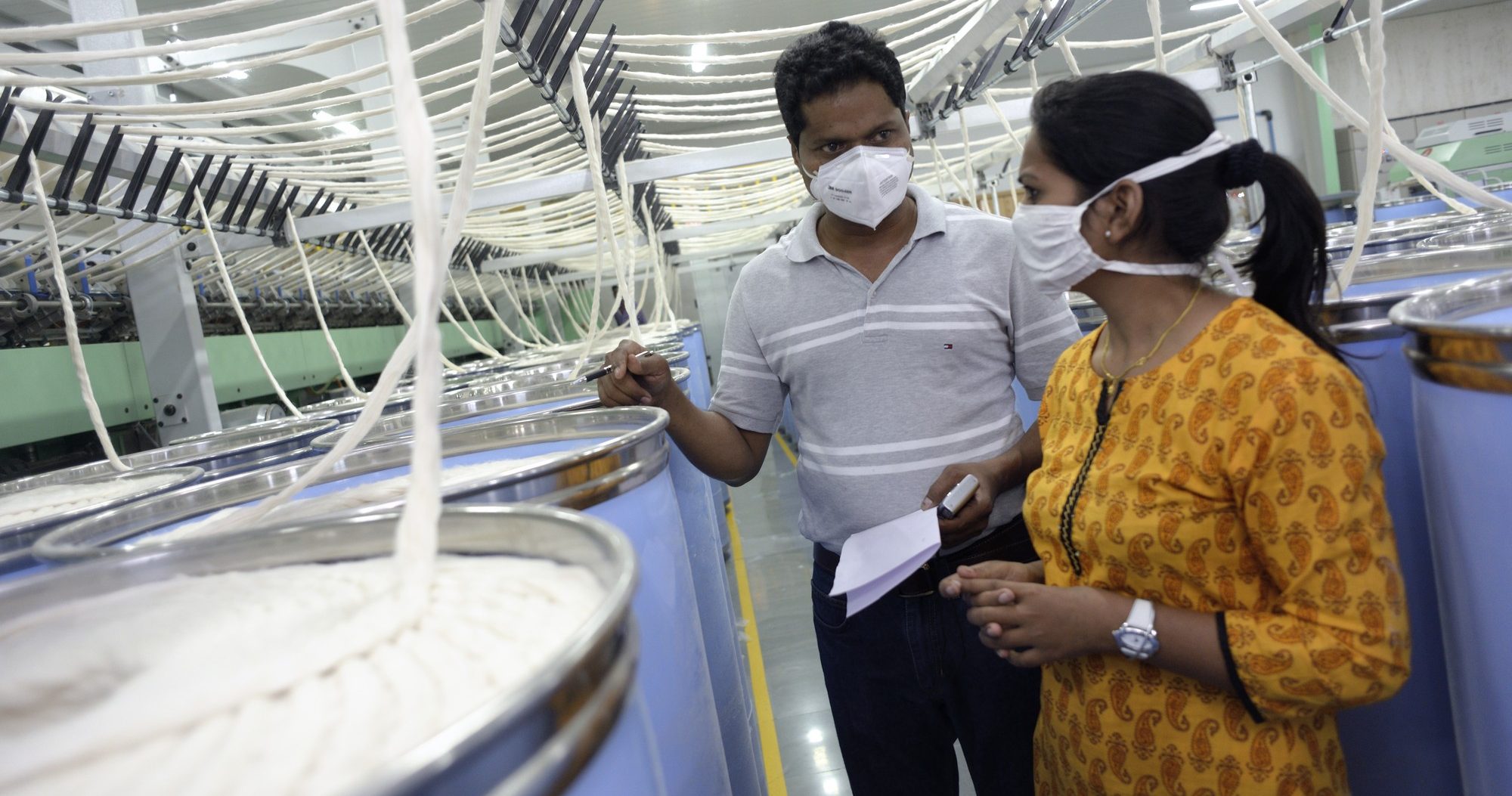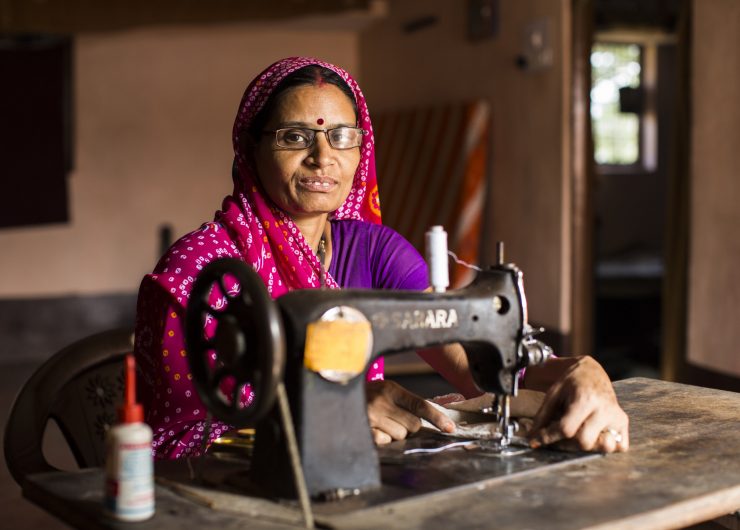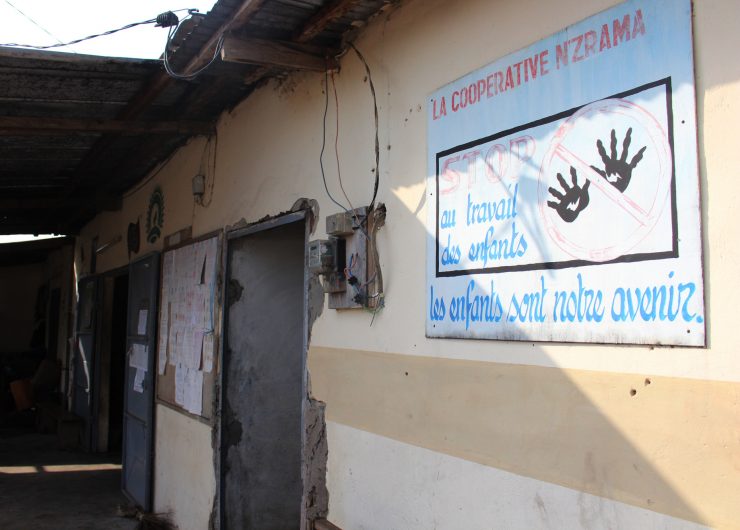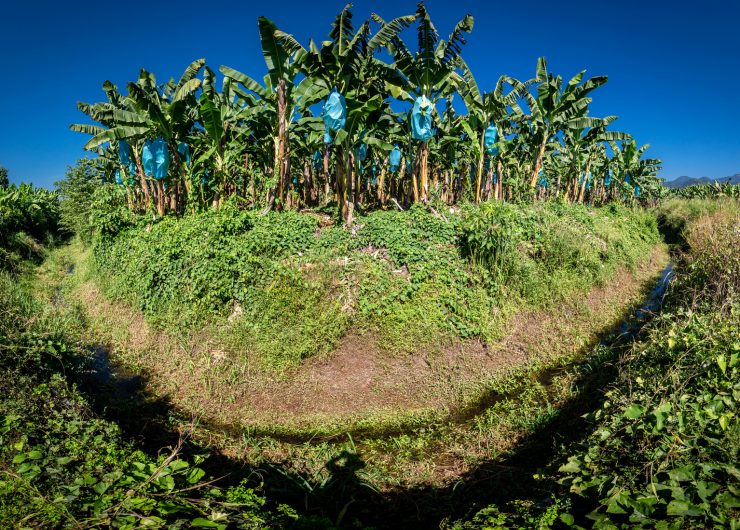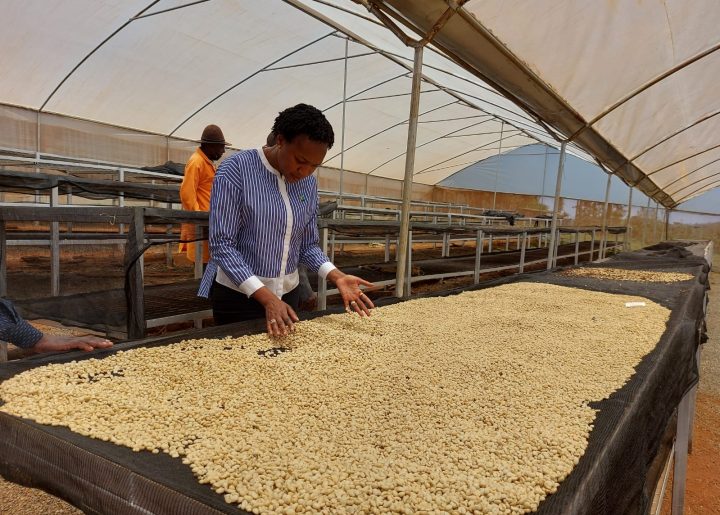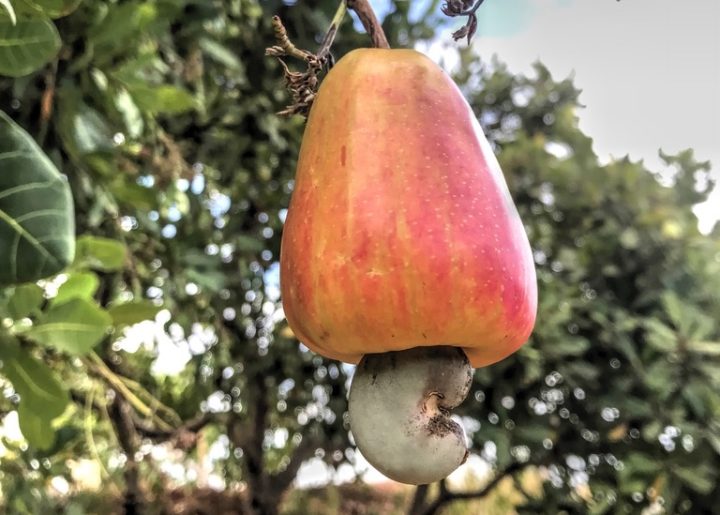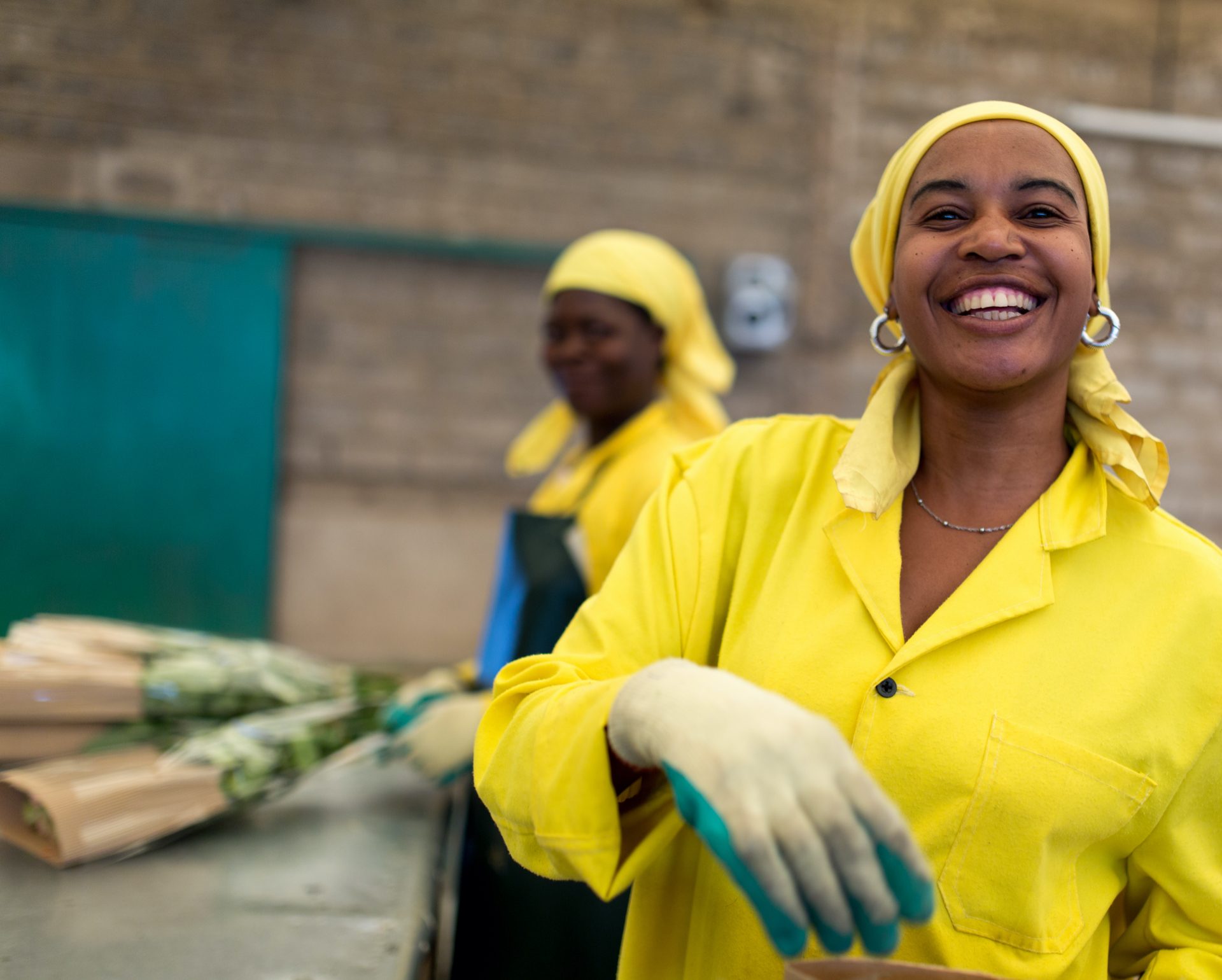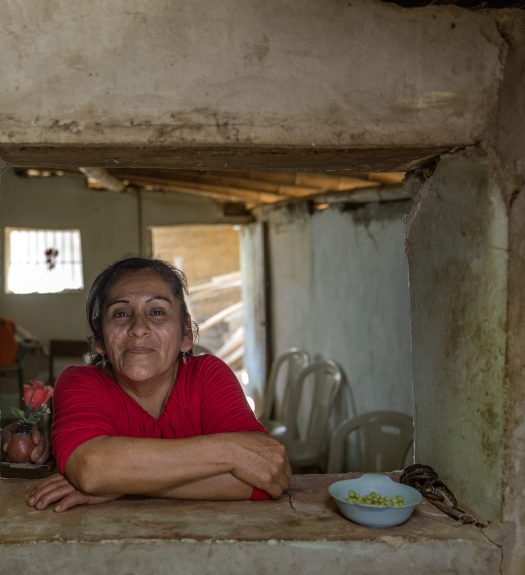
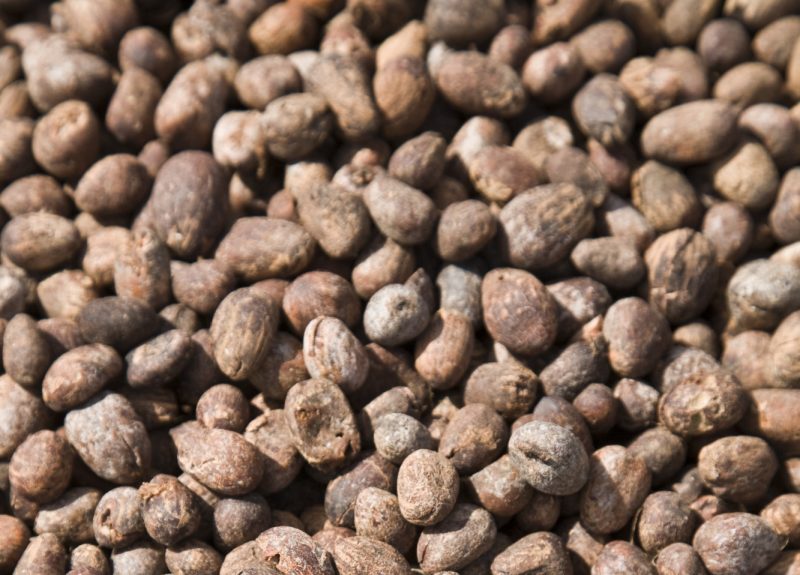
How we set Standards
Fairtrade International sets Standards in accordance with the ISEAL Code of Good Practice on Standard Setting. Think of ISEAL like the certifier of the certifiers—they check that a certification scheme is credible and doing what it says it does. During this process, a wide variety of stakeholders are consulted, including farmers and workers, local governing bodies, subject-matter experts, businesses, non-profit organizations and others to ensure that we are taking a holistic approach.
The world is changing, and trade is evolving with it. That’s why we periodically review the Standards to ensure that they are still appropriate and relevant.
Fairtrade Standards
-
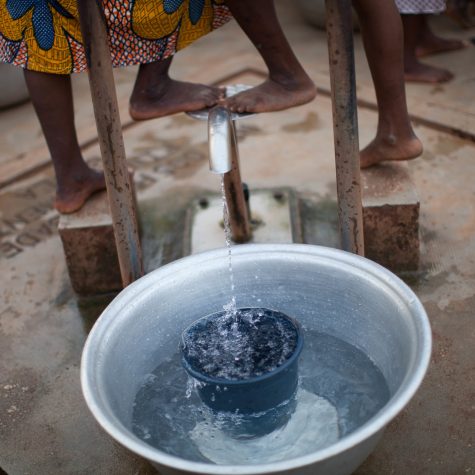
Economic
Fairtrade sets economic Standards for manufacturers to more equitably distribute the benefits of trade. These include things like paying the Fairtrade Minimum Price as well as the Premium, requiring traceability of the product through record-keeping as well as transparency in trade relations and providing pre-finance if requested by producers.
-

Social
Social Standards are typically at the co-op or Producer Organization level. Fairtrade does not allow exploitative child labor or any discriminatory employment practices. Our Standards cover things like working conditions (such as having employment contracts), the ability for workers to organize and democratic voting as part of their membership.
-
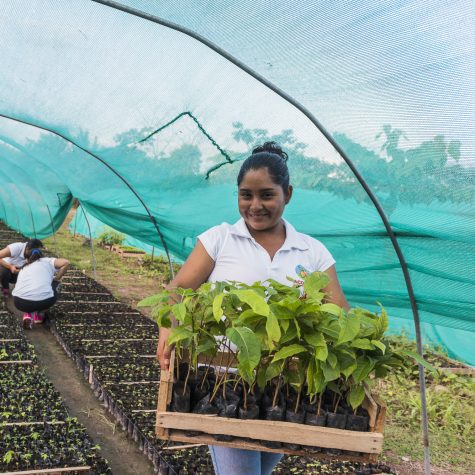
Environmental
Our environmental Standards aim to minimize producers’ impact on the planet, while still meeting them where they are both in terms of their geographical realities and their business growth. Our Standards ban the use of dangerous pesticides and GMO seeds, protect natural resources and encourage eco-friendly cultivation. We also incentivize organic farming through an increased Premium and Minimum Price.
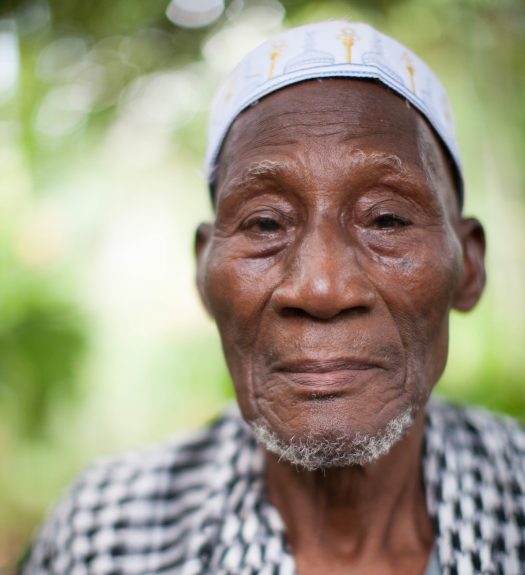
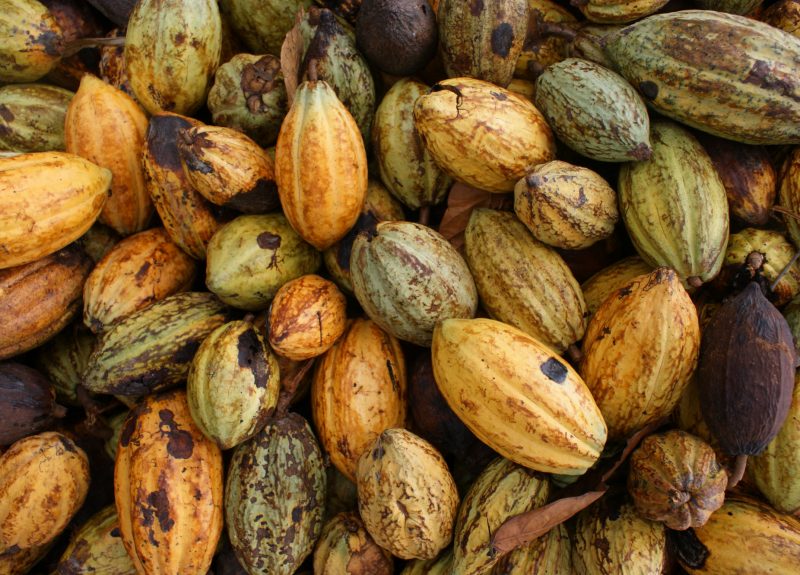
Standards for brands in the US
We don’t just hold farmers and workers to high Standards, we also have Standards for traders who buy and sell Fairtrade products, and/or pay the Fairtrade Price and Premium.
The Trader Standard outlines rules around the product composition, traceability and use of the Fairtrade Mark on packaging.
It includes requirements and voluntary best practices to ensure that Fairtrade products are traded in fair and sustainable ways that contribute to producer empowerment.
Global Impact
While the Standards are inherently technical in nature, the impact that they have is visible in the way farms and co-ops are run, in how women are getting resources to own their own farms and in the way communities collectively work together to combat child labor.
Fairtrade certification is much more than merely an environmental certification, it is the only and best ethical and social certification that really ensures social and environmental, ethical and economic impact and therefore human impact.
Enrique Calderon, Coffee Farmer, Coopeagri
Get Certified
The Fairtrade America team is here to support you on the path to certification. Together, we can determine the next steps for your business to become more sustainable.
Get Started
